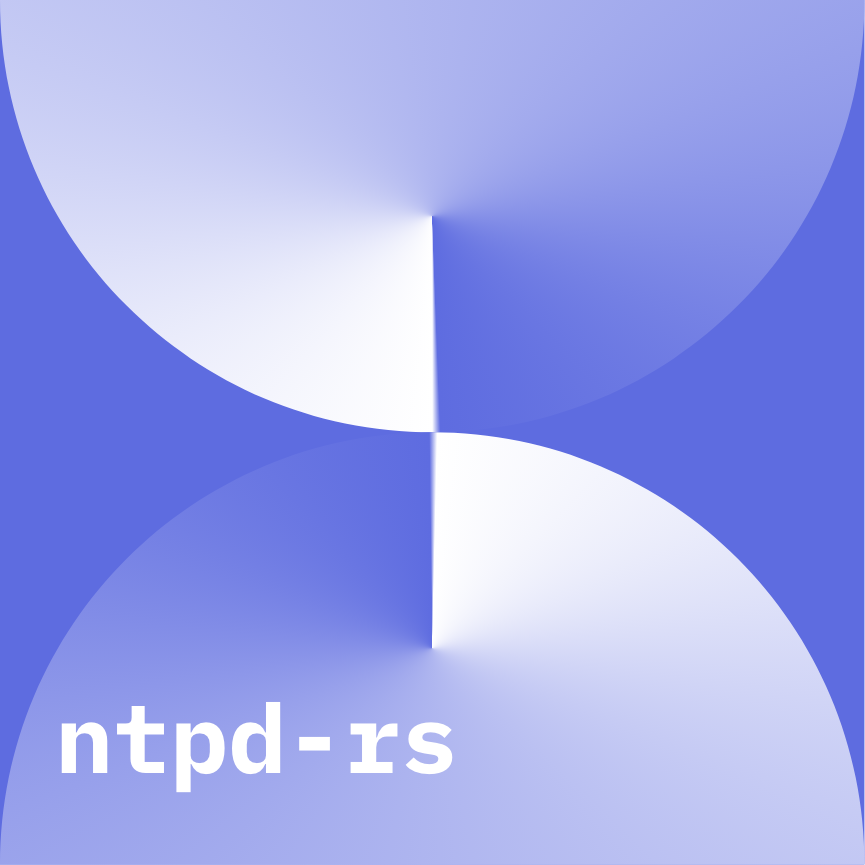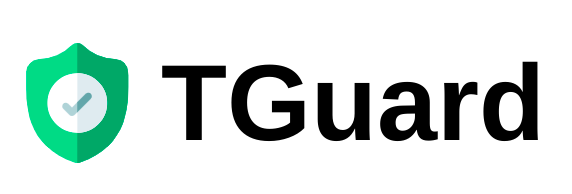Marlon
About
Marlon
- Co-owner & CTO
- marlon@tweedegolf.com
Marlon is co-owner of Tweede golf and CTO. He has a background in computer science (MSc in Digital Security) and over 10 years of experience in building a wide range of applications, from front-end web development to systems programming. You can rely on him to always deliver software quickly, and inspire his team members through leading by example.
His remarkable prototyping skills, going from idea to polished implementation at an insane pace, have made him the regular winner of Tweede golf hack days. His favourite projects allow him to do full stack development: from design and frontend to backend and operations.
His recent work includes sudo-rs, the memory-safe implementation of sudo, Krill, an RPKI Certificate Authority, and his pet project Mailcrab, an email test server for development.
Blog posts
Save the planet, code in Rust
sudo-rs' first security audit
Our pixel-rendered planner with a Rust backend
Open-source work
openleadr-rs
openleadr-rs is a work-in-progress Rust implementation of the OpenADR 3.0 specification. OpenADR is a protocol for automatic demand-response in electricity grids, used, for example, for dynamic pricing or load shedding.
openleadr-rs was initiated by us as openadr-rs, but is now part of the OpenLEADR project, governed by the Linux Energy Foundation.
sudo-rs
MailCrab
MailCrab is an email test server for development, written entirely in Rust.
MailCrab was inspired by MailHog and MailCatcher. It uses Axum for the backend and Yew for the frontend.

ntpd-rs
ntpd-rs is an open-source implementation of the Network Time Protocol completely written in Rust, with a focus on exposing a minimal attack surface. This video explains how ntpd-rs brings NTP into the modern era.
The project was initially funded by ISRG's Prossimo, as part of their mission to achieve memory safety for the Internet's most critical infrastructure. The NTP initiative page on Prossimo's website tells the story.
ntpd-rs is part of Project Pendulum. In July of 2023 the Sovereign Tech Fund invested in Pendulum, securing development and maintenance in 2023, and maintenance and adoption work in 2024.

RP1
Developed by Ruben, RP1 is a procedural macro that generates a set of useful basic CRUD (Create-Read-Update-Delete) endpoints in a REST-like API with JSON output.
Check out the blog post RP1: an experimental Diesel-based CRUD for Rocket, for more.
TGuard
TGuard is a web-based sending and decrypting service for irmaseal-encrypted messages that is currently in development at Tweede Golf.
TGuard utilizes IRMA to allow a user to encrypt messages client-side. These messages can be decrypted client-side once the receiver proves to be the owner of attributes the message was encrypted for, like an e-mail address, name, or an identifying number.

ID-contact
For ID Contact we researched the possibilities of digital identification: how can residents organize their personal government affairs in a simpler and more reliable way? By telephone, via chat or via a video call.
The ID Contact innovation pilot is a collaboration between the municipalities of Arnhem, Nijmegen and the Drechtsteden and knowledge partners such as the Tax Authorities and iHub (Radboud University).
Within the ID Contact team we developed the software that makes secure digital identification possible.

Cloud storage abstraction for Node.js
Developed by Daniel, storage-abstraction provides an abstraction layer for interacting with a storage; this storage can be a local file system or a cloud storage. Currently local disk storage, Backblaze B2, Google Cloud and Amazon S3 and compliant cloud services are supported.
Also see the related blog post, Cloud storage simplification and abstraction for Node.js or give the npm package a try.